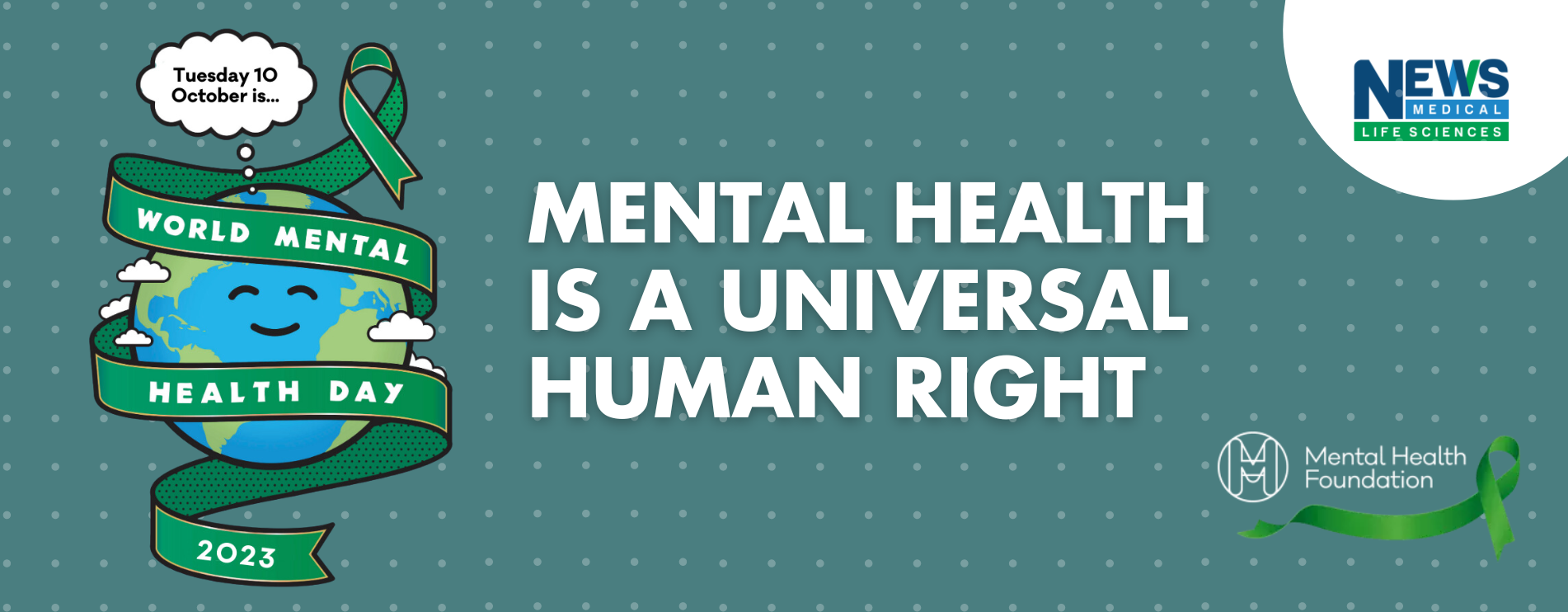My name is Matt Raymond and I have been director of communications at NAMI since July 2021. As part of the marketing and communications team, we are always looking for strategic and innovative ways to communicate about mental health by telling purpose-driven, authentic and impactful stories.
Similar to so many of us at NAMI, I have what we call “lived experience” with mental health conditions and mental illness, both personally and also with many of my family members and friends. As a member of the LGBTQ+ community, and with family members who are also part of that community, I have actively worked for decades to promote many of the same goals that NAMI has advanced since its founding in 1979.
While I had some familiarity with NAMI prior to working here, I came across the job opening by chance. I feel so fortunate to work at a place that has such dedicated people with a strong sense of mission, and a humble appreciation for the real difference we can make in people’s lives.
NAMI has been doing significant work in the field of mental health. Could you share some key initiatives or programs that NAMI has undertaken to promote mental health awareness and support?
Some examples of our work include our advocacy for a better crisis response system (discussed in more detail below), awareness initiatives and campaigns, the NAMI HelpLine, peer-led support groups, education programs, resources for broad and diverse populations, and primary research.
Welcome To NAMI
World Mental Health Day is approaching, and the theme for 2023 is "Mental health is a universal human right." What does this theme mean to NAMI, and how does it align with your organization's mission?
NAMI envisions a world where all people affected by mental illness live healthy, fulfilling lives supported by a community that cares. We work to achieve this mission through advocacy, education, support and public awareness so that all individuals and families affected by mental illness can build better lives.
On World Mental Health Day, we are reminded of the importance of advocacy, so that all people with mental illness are treated with dignity, respect and equity.

In what ways does NAMI contribute to raising awareness about mental health as a fundamental human right, not just on World Mental Health Day but throughout the year?
NAMI continually works to elevate the conversation around mental health in many ways, including educational programs, community outreach, advocacy campaigns, events, social media, news media, and other public outreach. Our aim is to normalize discussions about mental health and make early support and treatment more accessible to everyone. Through our work, we want to empower people to seek help and communities to offer better support systems.
The COVID-19 pandemic has had a significant impact on mental health worldwide. How has NAMI adapted its work to address the mental health challenges exacerbated by the pandemic?
NAMI continues to fight stigma and discrimination, particularly for communities disproportionately affected by the pandemic. We have strongly supported legislation, policies and funding to address our underfunded, fractured mental health system to help address a mental health epidemic within the pandemic.
We have also developed COVID resources to address the mental health challenges exacerbated by the pandemic, offering credible information and resources on managing anxiety, accessing medication during quarantine and coping with the loss of a loved one. Our NAMI HelpLine quickly pivoted when the pandemic began, using new technology and systems to continue offer support and resources to those seeking help, and NAMI affiliates across the nation have online support groups.
Mental health stigma remains a barrier to accessing care and support. How is NAMI working to combat stigma and promote a more accepting and understanding society?
Millions of people in the U.S. are affected by mental illness each year, yet less than half are able to receive treatment. NAMI actively works to reduce barriers to care and combat mental health stigma through educational campaigns and awareness-raising initiatives.
We aim to create an environment where mental health is openly discussed so that we can increase access to care and support. We fight for public policy changes to that all people with mental health conditions have accessible, affordable and comprehensive health care.
NAMI often advocates for policy changes related to mental health. Can you share some recent policy successes or ongoing initiatives aimed at improving mental health services and access in the United States?
Last year, policy makers at the federal level dedicated an unprecedented amount of funding to a variety of NAMI’s mental health priorities. This included significant funding for the national 988 Suicide and Crisis Lifeline (“988”), crisis response services, the Community Mental Health Block Grant, suicide prevention programs, research, and criminal justice diversion programs.
Additionally, among many other efforts, NAMI has led a broad partnership called Reimagine Crisis Response that brings together a diverse group of leading organizations to reimagine our national response to people experiencing a mental health, suicide or substance use crisis. Another major, ongoing focus has been to increase enforcement of mental health care parity, so that our nation’s health care system will treat mental health coverage just as it does for our physical health.
NAMI takes a variety of actions to advance our public policy agenda and regularly publishes reports to help inform the public about the importance of effective mental health policy.
 Image Credit: Dragana Gordic/Shutterstock.com
Image Credit: Dragana Gordic/Shutterstock.com
NAMI provides support to individuals and families affected by mental illness. Can you talk about some of the resources and support services available through NAMI that people can access?
In addition to some of the programs and initiatives discussed above, NAMI offers a variety of resources, including a HelpLine that operates on weekdays. We also provide specialized services like the Teen & Young Adult HelpLine and a Resource Directory, offering comprehensive support and information to different age groups and communities.
NAMI support groups, made available nationwide through about 750 state organizations and affiliates, offer participants an opportunity to share their experiences and gain support from others who understand what they’re going through.
What can individuals, communities, and policymakers do to ensure that mental health truly becomes a universal human right, as emphasized in the theme for World Mental Health Day 2023?
To make mental health more accessible and effective, people can advocate for policy changes and support organizations like NAMI. Communities can foster open dialogues about mental health to combat stigma. And policymakers can prioritize mental health and allocate sufficient resources for mental health services and systems.
Looking forward, what are NAMI's goals and priorities in the coming year to further advance the cause of mental health awareness and support?
NAMI’s top priorities include leading the mental health movement to improve access to care and crisis response; expanding reach and impact among youth, young adults, workplaces and minoritized communities; and using innovation and research to reach people with education, support, and improving access to effective and timely care.
How can individuals and organizations get involved with NAMI's efforts or support its mission in promoting mental health as a universal human right?
Individuals and organizations can get involved with NAMI by:
Where can readers find more information?
About Matt Raymond
 Matt has been director of communications at NAMI since July 2021. He began his career in 1995 as a TV news reporter, becoming a communications and marketing professional a few years later. He led divisions and has been a key communications adviser to U.S. Senators, UNICEF, the Library of Congress, the U.S. Department of Agriculture, and a number of trade associations and nonprofits.
Matt has been director of communications at NAMI since July 2021. He began his career in 1995 as a TV news reporter, becoming a communications and marketing professional a few years later. He led divisions and has been a key communications adviser to U.S. Senators, UNICEF, the Library of Congress, the U.S. Department of Agriculture, and a number of trade associations and nonprofits.